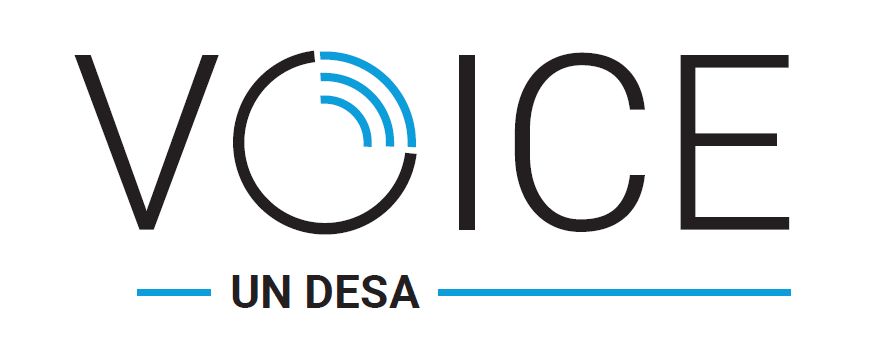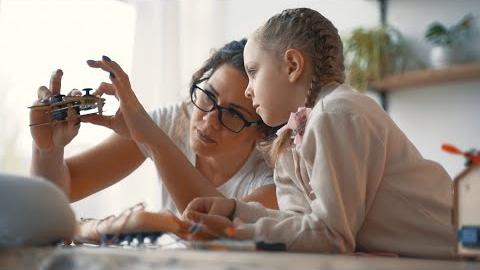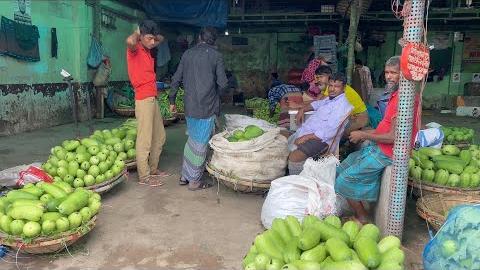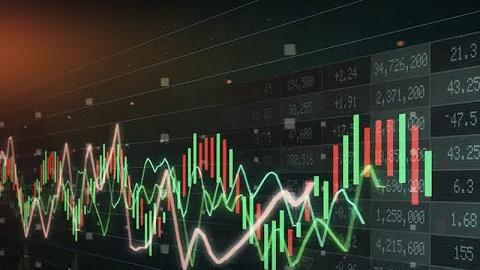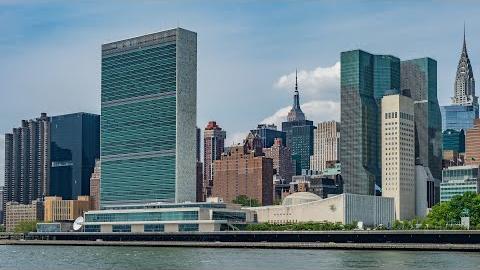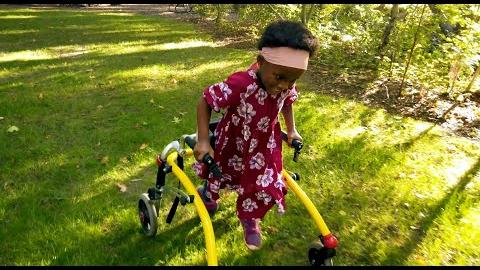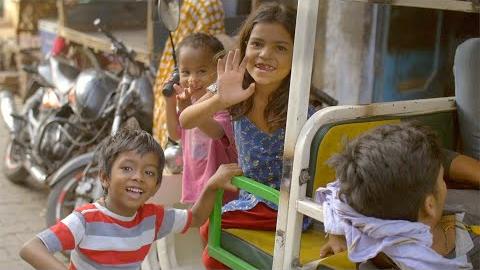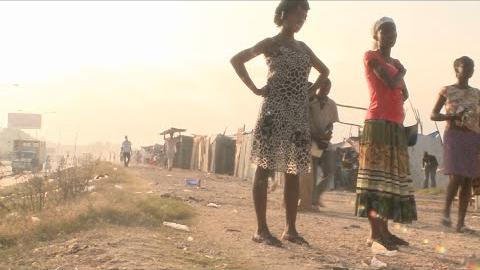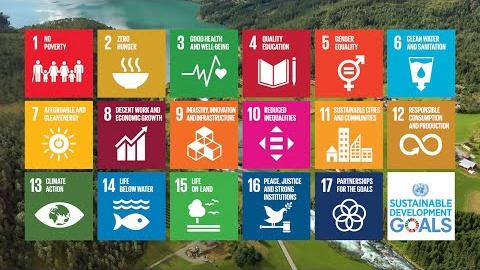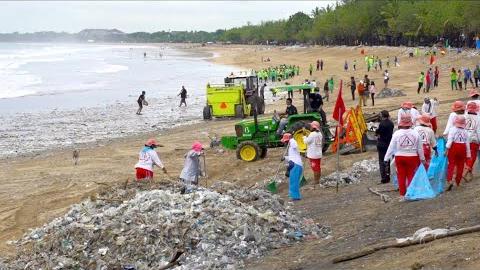UN DESA Voice is an insider's look at the United Nations in the area of economic, social and sustainable development policy. It is produced by the Strategic Planning and Communications Services of the Department of Economic and Social Affairs with articles written by UN DESA staff. This is an electronic publication - no printed edition is generated.
The current edition
July 2025
“The multilateral system is the best we've got. There is no other system that can help us to deal with our global problems,” says Bob Rae, President of the Economic and Social Council and Permanent Representative of Canada to the United Nations. As the international community is getting ready to convene for the 2025 High-level Political Forum on Sustainable Development this month, Ambassador Rae stresses the opportunities for multilateral action.
2023
The international community finds itself at the halfway mark of the global race towards achieving the 17 Sustainable Development Goals (SDGs) by 2030. Yet, the goals are still far off track in many areas and UN Secretary-General António Guterres recently warned, “unless we act now, the 2030 Agenda will become an epitaph for a world that might have been.”
At the halfway point to the 2030 Agenda, vulnerable countries have been left reeling by multiple global shocks. The war in Ukraine, sharp increases in food and energy prices, and rapidly tightening financial conditions have increased hunger and poverty and reversed progress on the Sustainable Development Goals (SDGs).
In 1977, world leaders, water experts and policymakers from around the world gathered in Mar del Plata, Argentina, for the UN Water Conference. Almost 50 years later, the global community will come together from 22 to 24 March in New York for the second ever UN 2023 Water Conference.
“This is not the time for short-term thinking or knee-jerk fiscal austerity,” said UN Secretary-General António Guterres, as the World Economic Situation and Prospects 2023 released its grim global economic outlook on 25 January 2023.
A series of severe and mutually reinforcing shocks — the COVID-19 pandemic, the war in Ukraine and resulting food and energy crises, surging inflation, debt distress, as well as the climate emergency — battered the world economy in 2022.
As we’re opening the chapter on 2023, we’re entering a new and busy year, which will be critical for people, planet and our shared future. Here are the main sustainable development events to look out for this year.
2022
“Together, we have the tools to tackle the root causes of systemic marginalization of persons with disabilities in every corner of the world. Together, we can make sure that every person – no matter their circumstance – can fully participate in every aspect of life – social, economic, cultural, and political. Together, we can – and we will – advance our common future.”
Our world is approaching a landmark moment in human history. On 15 November 2022, the global population is projected to reach 8 billion people. Thanks to science, technology, and groundbreaking innovations, we now live longer and healthier. It took the human family 125 years to get from 1 billion to 2 billion. But only 12 years to grow from 7 to 8 billion.
It will take 286 years to close gender gaps in legal protection and remove discriminatory laws against women, 140 years for equal representation in positions of power and at least 40 years to achieve gender parity in national parliaments. These numbers are truly alarming and calls for the world’s urgent action.
So much has changed since the inaugural issue of the United Nations E-Government Survey in 2001. Back then, the Survey included assessment points that now seem firmly entrenched in the past. Fast forward to 21 years of publication, the Survey no longer measures telephone lines and televisions – instead it assesses mobile and broadband. Stay tuned for the latest edition out on 28 September.
Still recovering from the COVID-19 pandemic, the world now finds itself confronted with numerous crises on several fronts—financial shocks, the war in Ukraine, food insecurity, climate emergency and energy access, rising poverty and inequality. Years of progress in achieving many of the 17 Sustainable Development Goals (SDGs) have been all but wiped out. Thus, the need for global solidarity and international cooperation has become ever more urgent.
The time is now to scale up ocean action, for the sake of our lives and the future of our planet. This month, the global community will ‘set sail’ towards the 2022 UN Ocean Conference convened in the Portuguese capital of Lisbon on 27 June - 1 July. The stakes are high, and the ambition is to turn the tide in favor of our blue planet.
Science has pushed the boundaries of what is possible throughout history. From mapping DNA to the invention of electricity to the adoption of penicillin in modern medicine; science has shattered barriers and expanded human potential. With just eight years left to 2030, we must act now to accelerate needed transformations. Science is likely our best bet to achieve the 17 Sustainable Development Goals.
 Welcome to the United Nations
Welcome to the United Nations
